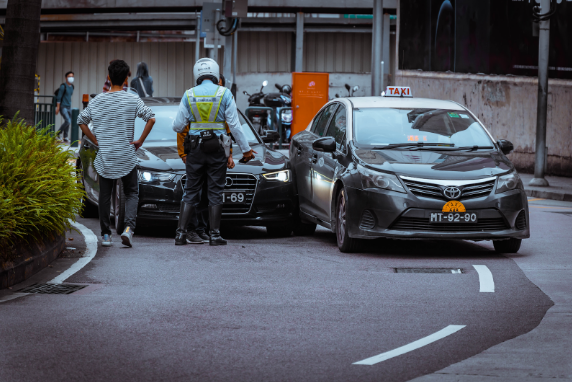Personal injury protection protects you and your passengers in case of an auto accident, no matter who is at fault. It covers your medical bills and lost wages. While personal injury protection isn’t part of the auto insurance requirement, you can include the coverage in your insurance.
What Does Personal Injury Protection Cover?
Personal injury protection covers essential medical procedures and reasonable expenses if you are injured in an accident due to other party negligence. The types of bills covered vary and may include:
- Lost wages
- Wrongful death
- Emotional trauma
- Loss of consortium
- Reduced earning capacity
- Past, present, and future medical bills.
What Does Personal Injury Protection Not Covered?
Your personal injury protection won’t cover:
- Damage to your property
- The other drivers’ injuries
- Injuries in an accident that you’re paid for driving
- Any injuries or damages from an accident while engaging in a crime
Do You Need Personal Injury Protection With My Health Insurance?
If you live in a state where personal injury protection is necessary, you must file a claim under that policy before switching to your health insurance. Personal injury protection provides many benefits that you won’t get from a health insurance policy, such as coverage for funeral expenses and lost wages.
Is Personal Injury Protection Worth It?
Personal injury protection may be worth it if traditional coverage is too expensive or you need to pay out-of-pocket for bills incurred from an auto accident.






